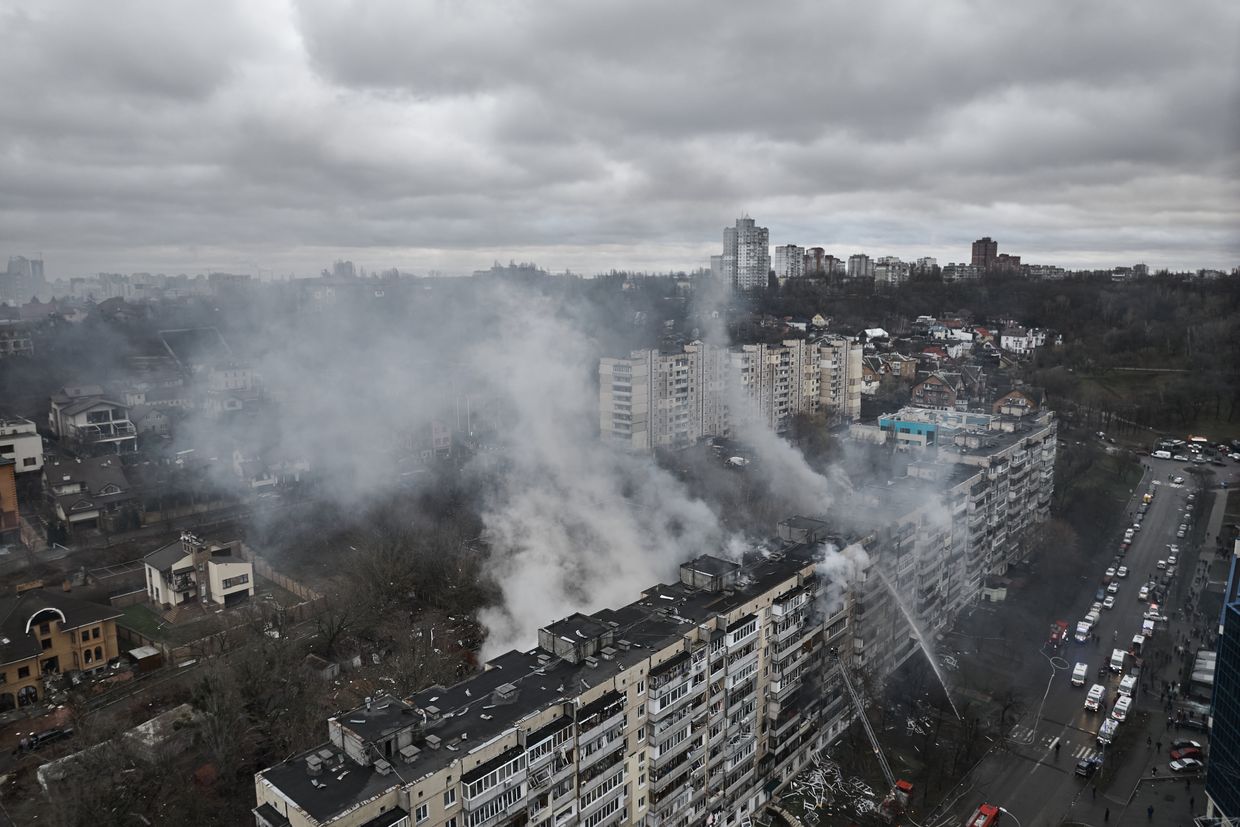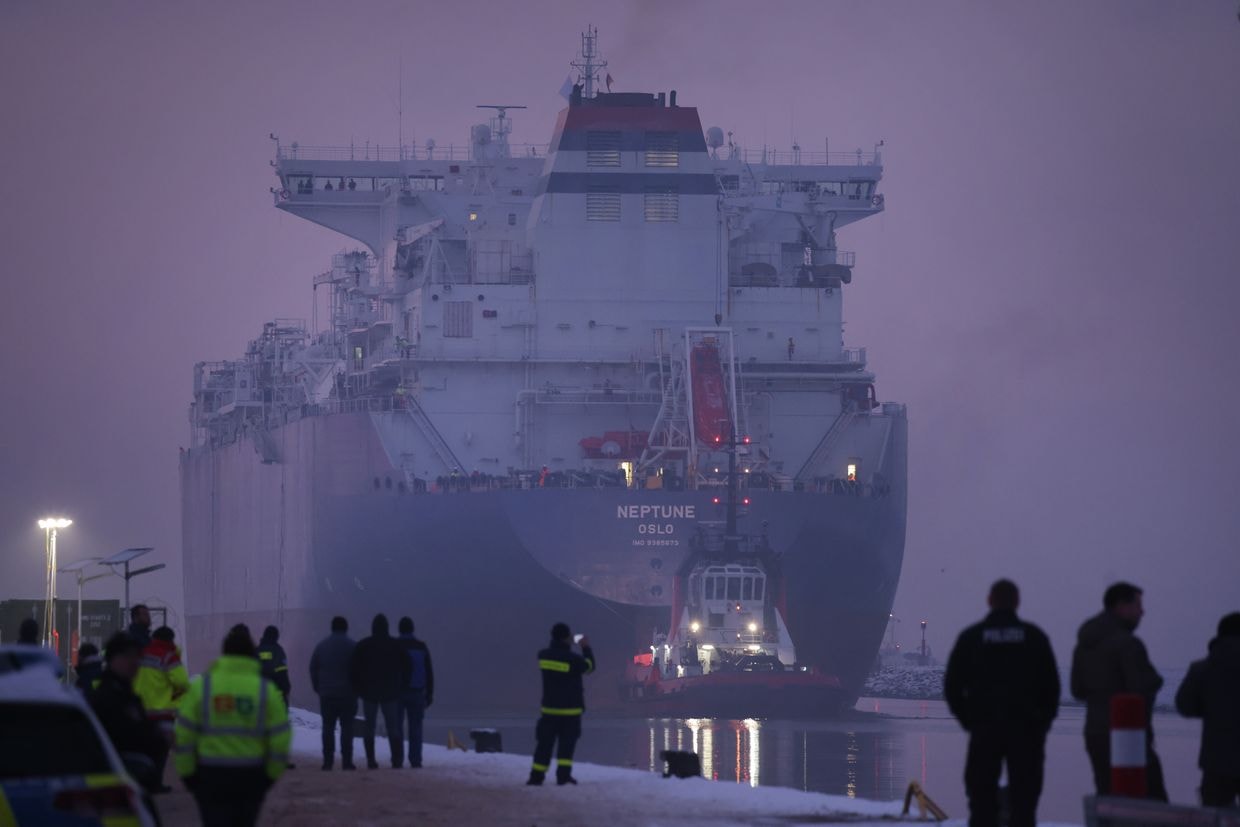Polish FM: 'We should respond to the latest onslaught on Ukraine in language that Putin understands'

Polish Foreign Minister Radoslaw Sikorski called on Jan. 3 for the provision of long-range missiles to Ukraine and tighter sanctions against Russia in response to a recent mass strike against Ukrainian cities.
Russian forces launched nearly 100 missiles and 35 drones against Kyiv, Kyiv Oblast, and Kharkiv on Jan. 2, killing five people and injuring 130, including children.
"We should respond to the latest onslaught on Ukraine in language that (Russian leader Vladimir) Putin understands," the Polish foreign minister wrote on the social media platform X.
Sikorski said that Ukraine's allies should respond "by tightening sanctions so that he (Putin) cannot make new weapons with smuggled components and by giving Kyiv long-range missiles that will enable it to take out launch sites and command centers."
As Poland shares a border with Ukraine, concerns are mounting that mass strikes against Ukrainian territory may threaten Polish security as well.
Warsaw said that during an earlier attack on Dec. 29, a Russian missile briefly entered Polish airspace, which Moscow denied. The Polish Air Force scrambled its jet fighters during the Jan. 2 strike.
Slovak President Zuzana Caputova voiced a similar position to Sikroski in a comment on social media on Jan. 2.
Slovakia's head of state said that the "best way to ensure Moscow's aggression does not continue into another year is to provide Ukraine with the means needed to defend itself."
This position stands in contrast to the policies of the current Slovak government of Robert Fico, who halted arms supplies to Ukraine from the Slovak military stocks.
Several other Western officials denounced the latest Russian mass attack against Ukraine. Josep Borrell, the EU's chief diplomat, said that "Russia will be held to account for its war crimes."
U.S. Ambassador to Ukraine Bridget Brink commented that Putin only "strengthened the resolve of Ukrainians to defend their freedom" by the recent strike.













